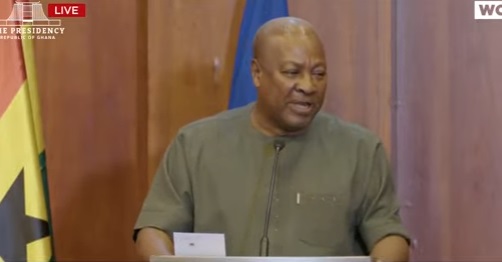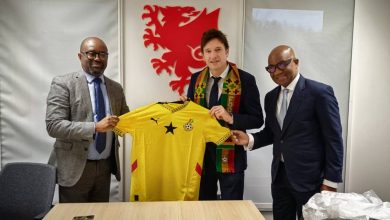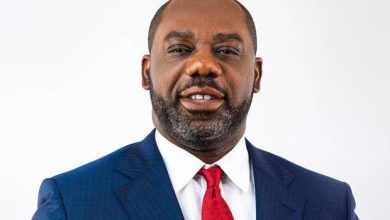
President John Dramani Mahama has warned international shipping companies that they will face sanctions if they import excavators into Ghana without the necessary permits, as his government intensifies efforts to tackle illegal small-scale mining, popularly known as galamsey.
Addressing civil society organisations in Accra on Friday, October 3, the President said the government was strictly enforcing laws requiring permits before heavy equipment is brought into the country.
“We shall penalise you for carrying those excavators into Ghana without a permit,” he cautioned. “Every excavator must be registered with its owner known.”
The directive, he explained, forms part of broader measures to curb the devastating environmental effects of illegal mining, particularly the destruction of rivers and forest reserves.
President Mahama noted that while excavators are also used legitimately by road contractors and quarry operators, tighter regulation is necessary.
“It is impossible to ban excavators entirely, but we must know where each machine is operating,” he said, adding that electronic monitoring systems would be introduced to track their use.
The President traced the worsening of the problem to the shift from artisanal mining, which relied on basic tools such as pickaxes and shovels, to small-scale operations employing heavy machinery like bulldozers and excavators. This, he said, had significantly increased land degradation and water pollution.
Admitting that mistakes had been made in earlier enforcement efforts, Mahama said illegal miners often returned after security forces withdrew from cleared forest reserves, as forestry guards lacked the capacity to prevent further incursions.
To address this, he outlined a strengthened multi-agency strategy involving the military, police, national security, and other state agencies under the National Anti-Illegal Mining Taskforce (NAIMOS). He added that more troops would be deployed as Ghana’s international peacekeeping commitments wind down.
As part of the new measures, the government has also recruited 1,000 “blue water guards” to protect rivers such as the Ankobra. Mahama said the initiative not only safeguards vital water bodies but also provides alternative livelihoods for young people.
Beyond enforcement, the President revealed plans for large-scale land reclamation projects using UN-backed techniques to restore degraded soils.
He also disclosed that discussions were ongoing with major mining companies to carve out portions of their concessions for small-scale miners under cooperative arrangements that would be closely monitored.
President Mahama emphasised that the battle against illegal mining would not be won overnight, describing it as “a long journey” that requires persistence, innovation, and continuous collaboration with civil society.
He assured civil society groups, faith-based organisations, and environmental advocates that his administration remained fully committed to winning the fight against galamsey.
He also underscored the importance of public advocacy and accountability in holding government to its promises.
“I want to assure you that we are determined to win this fight,” he said, referencing his administration’s ongoing efforts to clamp down on illegal mining activities that have devastated Ghana’s forests and water bodies.
“Your contributions, your criticisms, your pressure, putting fire under our feet, we don’t have any problem with that.”
President Mahama encouraged stakeholders to continue their advocacy, stressing that such pressure acts as a necessary force to keep the government accountable and focused on delivering results.



